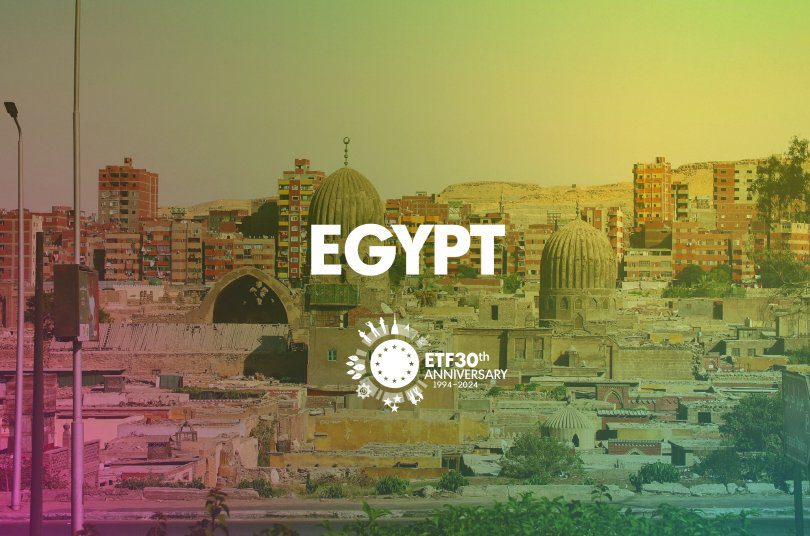ETF: Egypt, a roadmap for socio-economic transformation through technical education

For decades, the ETF has been helping Egypt transform its education and training systems. From policy reforms to on-the-ground initiatives, this partnership promotes human capital development, fills skills gaps and fosters sustainable growth. The ETF has established itself as a trusted partner in Egypt. A cornerstone of the ETF’s engagement in Egypt is its advisory support to Egypt’s TVET reform. This initiative, co-funded by the EU and the Egyptian government, is an example of mutual commitment to improving the quality and governance of TVET systems. Notable achievements include the introduction of international accreditation standards, improved teacher training mechanisms and the establishment of over 80 Applied Technology Schools (ATS).
These Technical Education 2.0 reforms have enabled Egypt to introduce competency-based curricula, work-based learning, and public-private partnerships, particularly through the establishment of the aforementioned ATSs. All of the reforms aim to align educational outcomes with labour market needs, thereby promoting opportunities for Egypt’s growing youth population. The ETF’s commitment extends beyond policy frameworks to action on the ground. The Agency has worked closely with national stakeholders to refine quality assurance systems and improve teacher training through the Egyptian TVET Quality Assurance and Accreditation Authority (ETQAAN) and the Technical and Vocational Teachers’ Academy (TVETA). These efforts address systemic challenges such as fragmented governance and private sector involvement, while promoting the sustainability of reforms.
With the support of the ETF, the Ministry of Technical Education is emphasising green skills in vocational education through recent reforms, introducing competency-based curricula, green specialisations and teacher capacity building. “The partnership with Egypt is also a high priority for the ETF, given the importance of the reforms underway and the country’s future prospects,” says Sabina Nari, ETF expert on human capital development and focal point for the Southern and Eastern Mediterranean. For her part, ETF Director Pilvi Torsti‘s mission to Egypt this year reinforced the ETF’s commitment to the country’s development goals. High-level meetings with Egyptian officials, including the former Minister of Labour, Hassan Shihata, underlined the shared commitment to promote vocational education and skills development.
The relationship between the ETF and Egypt has developed into a dynamic partnership focused on improving vocational education and training, promoting employability and addressing labour market challenges. Reflecting on this collaboration, Amr Bosila, Acting Deputy Minister of Education and Technical Education, stressed that the ETF’s interventions have “strengthened Egypt’s education and labour systems through strategies such as the Torino Process“, which provides a robust framework for monitoring and evaluating progress of the country’s VET system.
One of the ETF’s key contributions is its aforementioned support to the Ministry of Technical Education through the €45 million EU’s initiative TVET Egypt. This partnership aims to operationalise Egypt’s vocational education and training strategy and strengthen the institutions responsible for qualifications and quality assurance. The ETF has also been involved in broader thematic areas such as labour migration and digital transformation, providing technical advice and facilitating stakeholder dialogue.




























 Syria
Syria 





